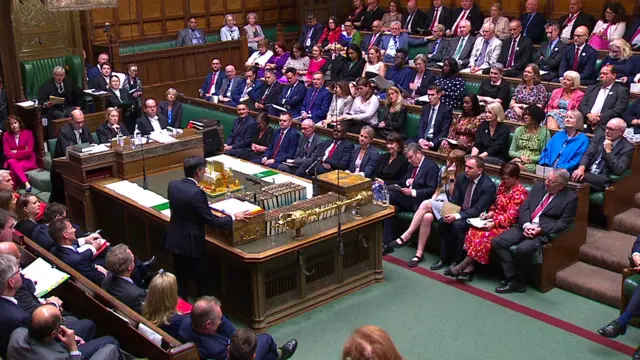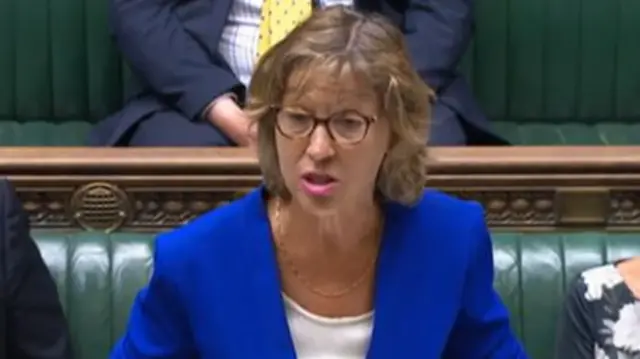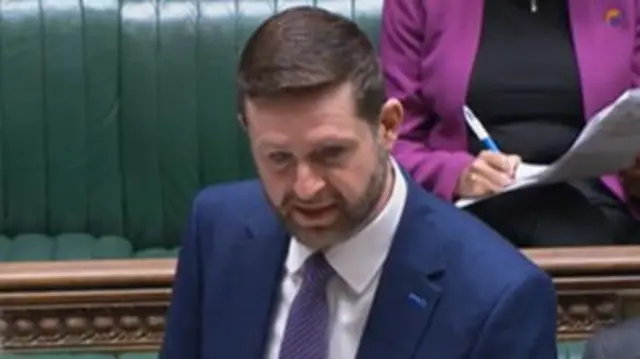Drawing this page to a closepublished at 14:01 BST 28 June 2023
 James FitzGerald
James FitzGerald
Live reporter
Thanks for joining us as we followed another session of debate and discussion in Westminster.
We've brought you coverage of the Sunak-Starmer exchanges on housebuilding and mortgages at Prime Minister's Questions, and also the government's response to an urgent question about the future of Thames Water.
- For more on the housing topic, head here for our full report from PMQs
- And for the latest lines on reported fears that Thames Water could collapse, you can read more here
This page was brought to you by Sam Hancock, Emily Atkinson, Chas Geiger, Laura Gozzi, Jamie Whitehead, Owen Amos Heather Sharp and me.



